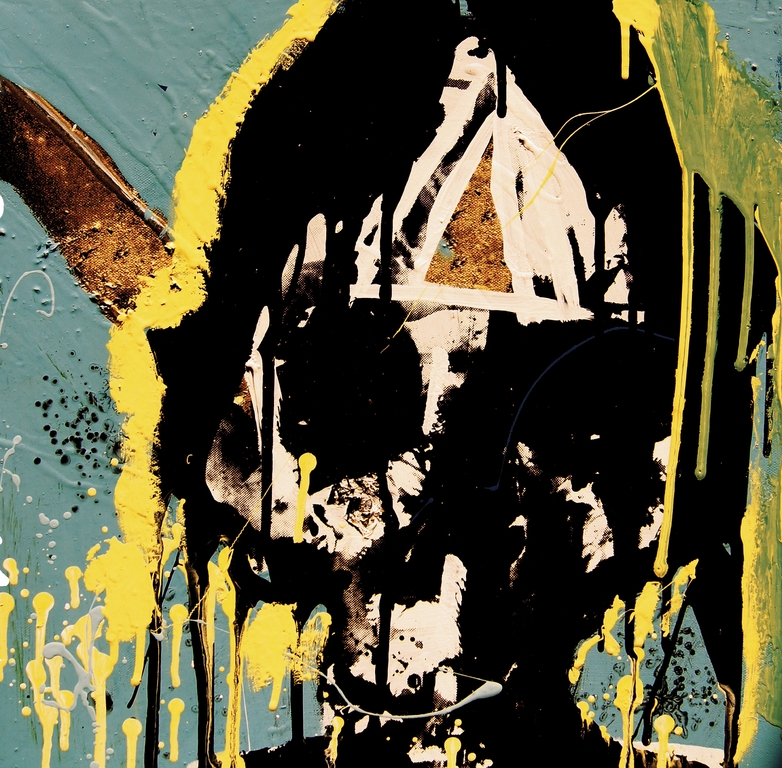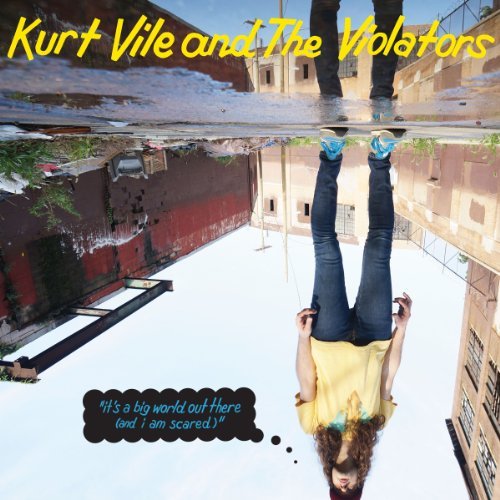Juana Molina was, once upon a time, famous in her native Argentina for her work as a television impressionist. That being the case, there’s a sense of irony that the musical side of her career has seen her put her insignia on a fairly inimitable sound. Wed 21, her first album in five years (the biggest gap between releases to date) and her sixth overall, follows the trajectory of her previous work – particularly the unsettling tumult of 2008’s Un Día – but incorporates new forms of instrumentation into her traditional mix, from the conventional (electric guitars) to the out-there (a creaking door, by the sound of it).
These disparate ideas have long since been embodied by the songstress but, like a good wine, have become more robust with age throughout her 17-year recording career. It’s the sort of music that can’t entirely be encapsulated within a cumbersome genre description like 'electro-acoustic ambient folk pop', but that’s a close stab.
On an album with more layers than a sizable trifle, Molina manages to remain something of a minimalist in her presentation. Or perhaps it’s better phrased as, for a record with such a seemingly skin-and-bone approach, it’s striking how quickly one can become immersed in its unexpected, creeping depth. Opener ‘Eras’ wastes no time in setting out the stall, with her ethereal whispers and delectable, repetitive vocal hooks fitting seamlessly with pseudo-funk refrains while subtle feedback adds an overbearing, sweaty tension; a theme that continues throughout album numero seis. There’s a vibe of Jefferson Airplane, if they were more idiosyncratic. With more plaintive delivery. And sang in Spanish.
Strangely enough, from such an uncompromising framework, Juana still musters pop earworms as ably as she does pseudo-industrial sub-rhythms. The haunting, Celtic inflection of banshee wailing over the mechanical ‘Ay, No Se Ofendan’ adds some worldly flavour, while ‘El Oso de la Guarda’ contrasts frenetic noise, transcendental melodies, dreamy guitar chiming and ambience punctuated by the aforementioned creaking door. It’s perhaps the epitome of the lo-fi charm of her everything-and-the-kitchen-sink approach, before the warm tones of ‘Final Feliz’ – ‘happy ending’ – wrap up the album in a manner befitting the song title. Well, they’re at least as happy as Molina’s oft-abstract expression can be. Self-indulgent? Well, yes. But it’s worth indulging her.
This persistent juxtaposition of dynamics makes for a particularly striking, if challenging, listen. As is often the case with experimental music, the silence speaks louder than words. It’s these quieter acts that are invariably the ones who deal in introspection, and Molina’s pockets are overflowing, as though her minimalism and silence is a tacit, sonic representation of her own self-consciousness. From her one-woman-recording-and-producing work ethic within an old family home to the palpable sense of inner observation, the comedian-cum-musical introvert breaks down the barrier between outside thinking and pop sensibility, and that between listener and language – when it comes to Juana, to hear is to feel.
-
7Andy McDonald's Score






















